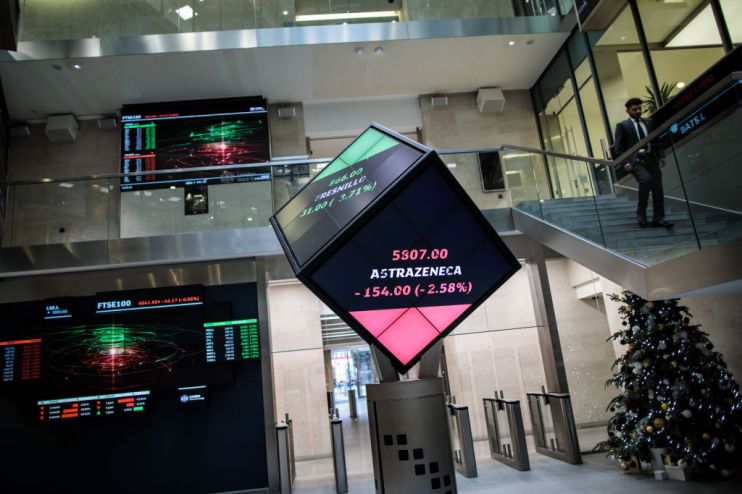Profit warnings issued by UK businesses hits record high

Profit warnings issued by UK-listed businesses reached a record-breaking high in the first three months of 2020 according to analysis published today.
Big Four audit firm EY said there were 301 profit warnings between 1 January and 31 March, almost equal to the entire number issued in the whole of 2019 (313) and five per cent higher than the total for 2018 (287).
Compared to the same period last year, warnings rose from 89, representing a 238 per cent year-on-year increase.
Over a fifth of the UK’s quoted companies issued a profit warning in the first quarter, more than the percentage of companies warning in the whole of 2008 (17 per cent).
Nearly eight-in-10 profit warnings in the first quarter blamed covid-19.
However, EY said many companies were already struggling before the pandemic.
In January, recorded warnings had increased 43 per cent year-on-year, when compared to the same month last year.
Alan Hudson, UK head of restructuring at EY, said: “Political uncertainties and rapid structural change pushed UK profit warnings to a ten-year high in 2019. Covid-19 has created new problems, but it has also accelerated existing structural change and exacerbated existing weaknesses.
“When lockdown lifts, it will undoubtedly ease some pressures, but these underlying issues will remain – alongside new challenges.”
The sectors issuing the highest number of profit warnings were those most exposed to the impact of national lockdowns, and in many cases were already showing signs of stress before the covid-19 crisis, the analysis said.
By percentage of companies warning, FTSE travel & leisure was the most dramatically affected, with 70 per cent of the sector issuing a profit warning, followed by industrial materials (63 per cent) and retailers (61 per cent).
All but five of the 42 FTSE sectors tracked issued covid-19 related warnings in the quarter.
Hudson said he expected the number of profit warnings to fall, but distress levels to rise as the UK moves out of lockdown.
“We know from previous crises that one of the biggest tests comes when companies need to reflate balance sheets, restock inventory and depend on supply chains that have been similarly tested,” Hudson said.
“This time, companies face a unique set of additional challenges as they work to safeguard business continuity and the health of employees and customers. It is wise for companies to take a slow and steady approach to restarting operations that allows for flexibility, so they can react to continued uncertainty for some time to come.”